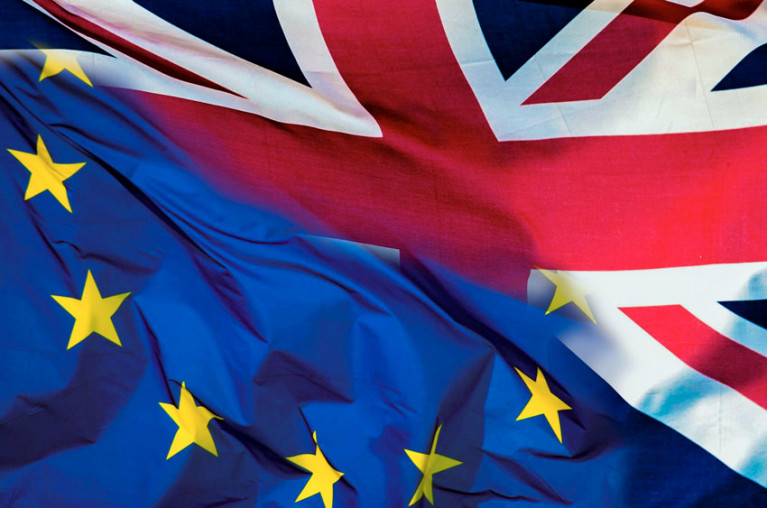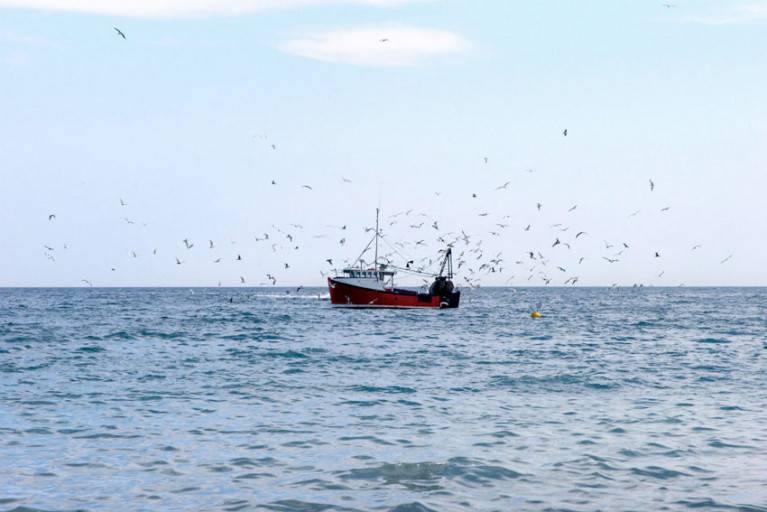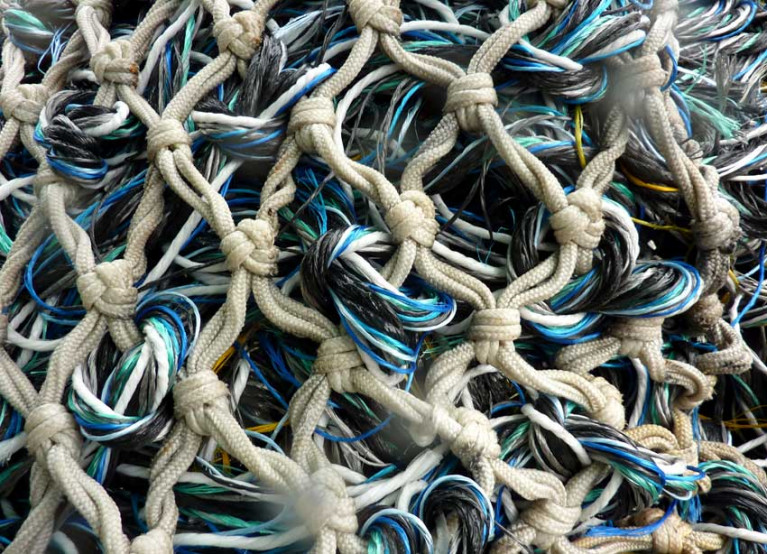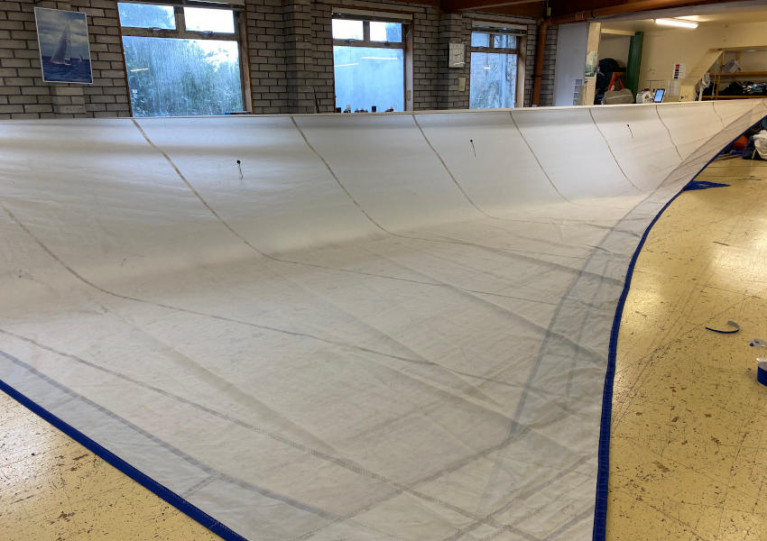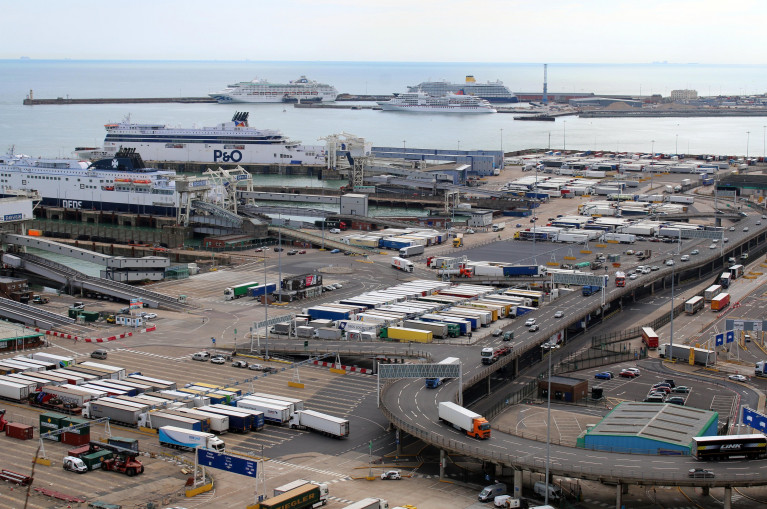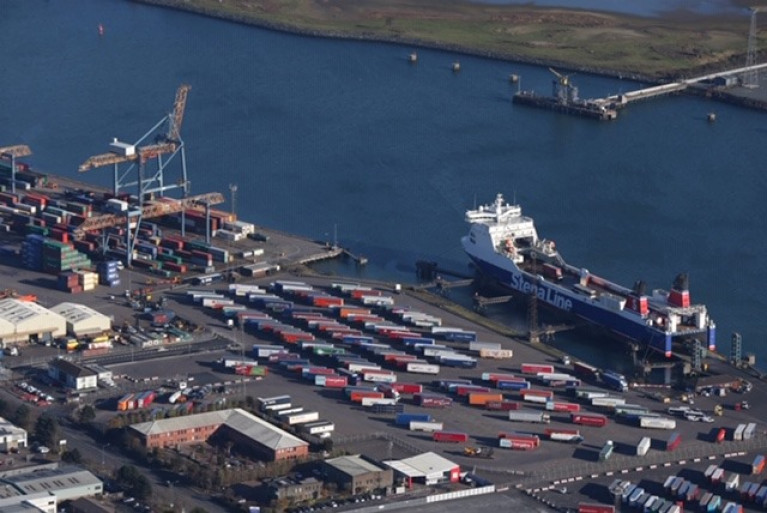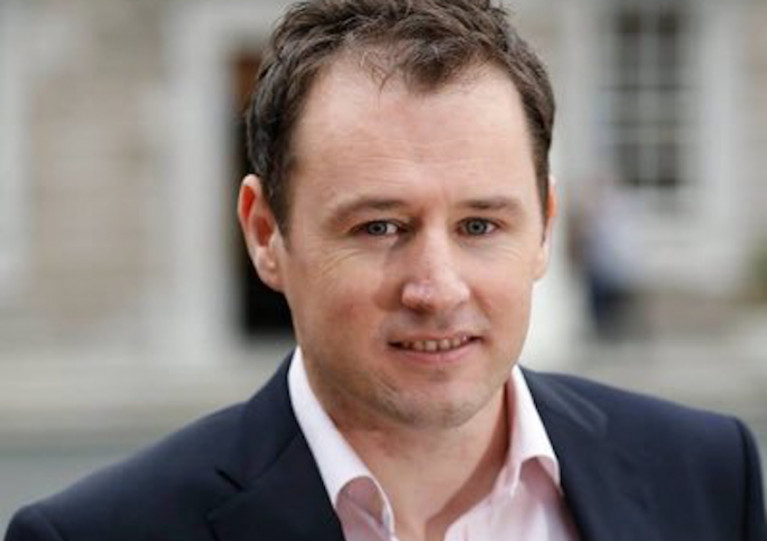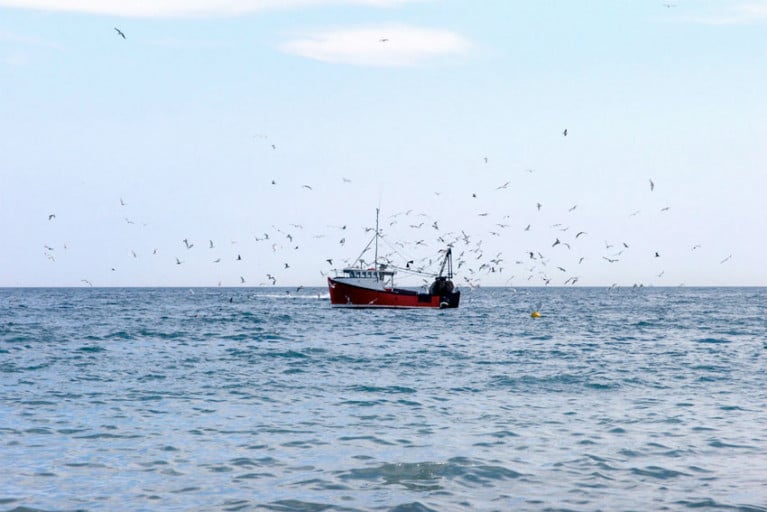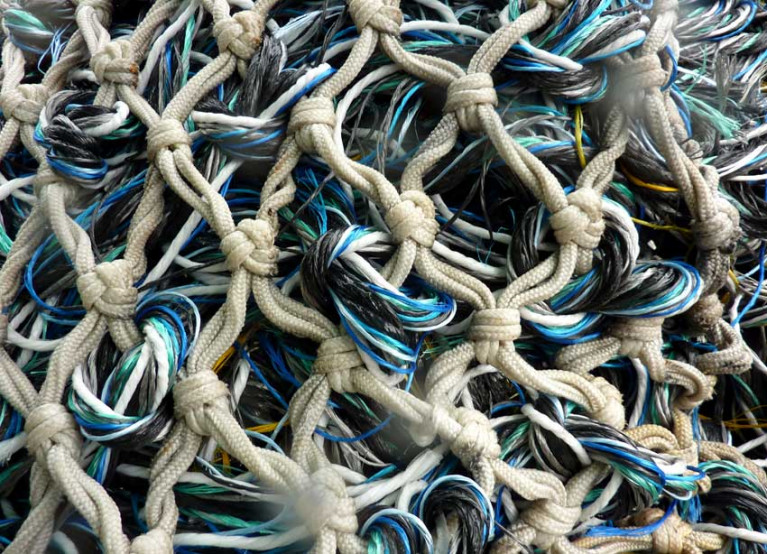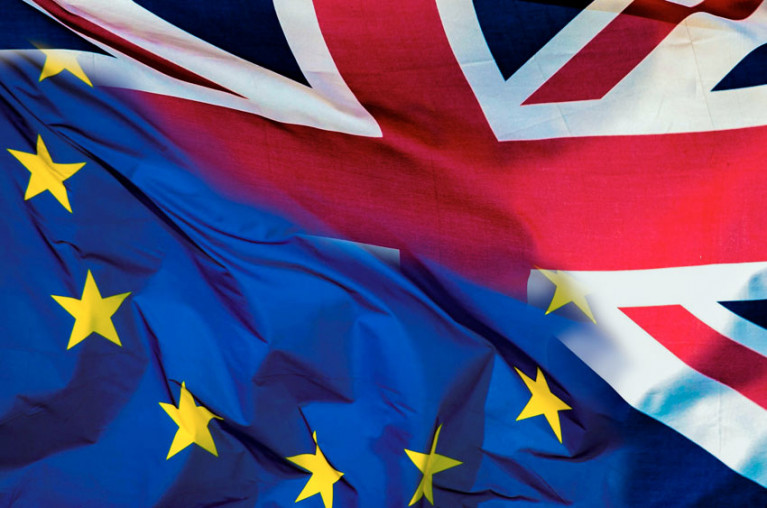Displaying items by tag: Brexit
RYA & British Marine: Boat Owners Left In Limbo By UK Government ‘Inaction’ On Brexit Customs & VAT Issues
British boaters face a choice between extra costs rising into four figures or seeing their vessels being stranded in the EU after the end of the Brexit transition period, unless the UK Government acts now.
That was the warning in a joint statement issued yesterday (Thursday 1 October) by the RYA and British Marine, which castigated Whitehall officials for failing to provide guidance and transitional arrangements despite the mater being raised more than three years ago.
The two organisations say their understanding is that Returned Goods Relief (RGR) will only be available for goods returning to the UK provided RGR conditions are met, and that the goods must have been exported from the UK and returned within three years of export.
RGR has not yet been incorporated into UK law and HM Revenue and Customs confirmed last month, after what the RYA and British Marine said was “an unacceptable delay”, that it “would not in fact be universally available”.
This will mean that, after the transition period, all boat owners established in the UK whose boats have not been in the UK in the last three years will likely have to pay VAT for a second time if they want to bring their boats back to UK waters.
The same issue will also “create turmoil” in the UK’s second-hand boat market, which is already fighting to recover from the coronavirus pandemic.
RYA and British Marine are now calling on the UK Government to commit to transitional VAT and import duty relief for UK boat owners bringing vessels back from the EU until the end of 2023.
“Having waited over a year for HMRC to agree to a meeting, we assumed that HMRC officials would be in a position to definitively tell us what the UK legislation will be from the end of the transition period on 31 December,” said the RYA’s Howard Pridding.
“Regrettably, the meeting gave the RYA and British Marine no confidence that there is an understanding of the recreational boating market and that any of the issues we have raised are being given appropriate consideration by HMRC.”
British Marine chief executive Lesley Robinson added: “This is now a serious situation and it will create turmoil in the second-hand boat market. For UK brokers and distributors in the marine industry there remains doubt and confusion as to where they stand.
“There is a high probability that current VAT-paid boats (that will no longer have EU27 VAT-paid status after Brexit) will be devalued and become less attractive to buyers, which will impact businesses and ultimately jobs in the industry.”
Britain Suggests Transition Period For European Fishing Fleets In 11th-Hour Brexit Deal Offer
European fishing fleets could get a three-year transition period to prepare for Britain to have greater control of its waters post-Brexit, if a last-minute offer made in current trade negotiations helps to seal the deal.
The Guardian reports on the new negotiation paper from the UK, which includes concessions for EU coastal communities that fish in British waters to phase down their activities.
Following this, the UK has suggested that it and the EU would agree annually on percentages of fish stocks shared between their economic zones, and base quotas on these figures.
On the EU side, one diplomat says “it doesn’t look like fisheries will stand in the way of an agreement”. Irish Foreign Minister Simon Coveney also spoke positively of reaching a deal.
However, France is pushing to retain the status quo amid fears that failure to reach agreement on annual allowable catches could destroy the livelihoods of its own coastal fishing communities.
The Guardian has more on the story HERE.
New Marine Minister Stresses Importance Of Protecting Ireland’s Fishing Industry In Brexit Negotiations
Ireland’s status as an island nation makes the future of our fishing industry of critical importance post-Brexit, the newly appointed Marine Minister has urged in Brussels.
Minister Charlie McConalogue was speaking after his meeting yesterday (Tuesday 22 September) with EU Fisheries Commissioner Virginius Sinkevičius to discuss the state of play regarding fisheries in overall Brexit negotiations.
The minister said he made it very clear that Ireland’s fishing industry is in a particularly precarious position, as Ireland shares its main fish stocks and its waters on three sides with the United Kingdom.
He also emphasised that any outcome in future negotiations that results in a loss of quota share for the European Union would cause permanent damage to Ireland’s fishing industry.
“The negotiating team must follow the EU mandate and defend existing quota shares and access arrangements, by linking the overall economic partnership and the conclusion of a fishing agreement to the fullest extent,” Minister McConalogue said.
He expressed confidence that Brussels would continue to defend Irish and EU fishing interests, and relayed the message from the Irish fishing industry that unity and co-operation are vital among European institutions and member states.
Minister McConalogue added: “I was very glad to meet Commissioner Sinkevičius [yesterday] and outline the negative social and economic impacts for fishing and coastal communities in Ireland, if a fair and balanced Fisheries Agreement is not reached with the UK.
“I welcome the opportunity to continue this close engagement with Commissioner Sinkevičius going forward.”
Brexit Makes Your Winter Sails Service An Urgent Matter
What has Brexit got to do with your winter sails service this year? Barry Hayes of UK Sailmakers Ireland, explains the situation and why it’s such an urgent matter.
Dear customers, I want to let you know it’s really urgent if you need your sails washed and laundered to get them into us ASAP. The issue is Brexit, and specifically tariffs that will apply in the New Year without a trade deal in place.
If you need your sails washed, they need to go to Tiptop in England who are the only people who wash sails properly to UK Sailmakers’ standards. To get them washed and cleaned and back to Ireland before the Brexit tariffs will be applied after 1 January, time is now running out.
I know the season has been short and your sails haven’t been used much. But the service team at UK Sailmakers Ireland have the space and knowledge to get them serviced correctly and at the right price. Our team at the loft check every detail of your sail, making sure it’s ready for the new season.
Being mindful of the delayed season start with COVID-19 and associated restrictions, now as we get to the end of the season it’s more urgent than ever to get your sails in for service. Doing so now gives you the best option to be in early for the next season and make the most of 2021.
We are the most experienced people in the business at servicing your sails and have been doing so for more than 50 years, getting your every detail right so you can enjoy your coming season sailing. We have the space to stretch out your sail, fully hang it up to repair and replace a full UV cover, giving your sail the greatest longevity possible.
Contact UK Sails service manager [email protected]
Brexit 'Leaked' Letter Warns of 7,000 Trucks Queuing in Kent with Waits of Two Days
Michael Gove, UK minister responsible for no-deal planning, has written to logistics groups with the government's "reasonable worst-case scenario" planning, which warns of possible two-day delays for cargo travelling to France in January.
The Cabinet Office document states that, in its reasonable worst-case scenario, between 30-50% of trucks crossing the English Channel will not be ready for the new regulations coming into force on 1 January 2021.
A "lack of capacity to hold unready trucks at French ports" could also reduce the flow of traffic across the strait to 60-80% of normal levels.
"This could lead to maximum queues of 7,000 port bound trucks in Kent and associated maximum delays of up to two days," the documents said.
Such delays could be in place for at least three months, hauliers have been warned, as alternative routes are sought and supply chains get to grips with the new systems and requirements.
RTE News has more on this trade-congestion scenario.
UK Government to Pay for Northern Ireland Brexit Port Controls after Minister Proposed Halting Work
In the UK the Government, according to Belfast Telegraph, is set to pay for work on post-Brexit port checks in Northern Ireland, DAERA Minister Edwin Poots has said.
The DUP MLA told the BBC that the UK Government would now pay for the work after he reportedly proposed pausing it due to the current political uncertainty around Brexit.
In the summer, the Government said enhanced regulatory checks would be required on animals and food products crossing the Irish Sea from Great Britain to Northern Ireland under the terms of the Brexit deal.
The Executive assumed a legal responsibility to undertake the work for the Government to enable it to fulfil its international obligations under the Withdrawal Agreement.
However, Mr Poots expressed a reluctance to commit an estimated £40m to the project without further clarity. Click for more here.
Minister Reaffirms Commitment To Protecting Ireland’s Fishing Industry In Any Agreement With UK
Marine Minister Charlie McConalogue has reaffirmed the Government’s commitment to a fisheries agreement with the UK that protects Ireland’s fishing industry post-Brexit.
Industry representatives attended the meeting today, Wednesday 16 September, where they emphasised that unity with other EU member states and institutions is key.
They also expounded on the serious implications for the Irish fishing industry and coastal communities without a fisheries agreement with the UK — or any deal which grants the UK’s demands for a greater share of fish stocks and restricted access to UK fishing grounds.
In response, Minister McConalogue said he would continue to “press for a fisheries agreement with the UK that protects the mandate and upholds both existing quota shares and existing reciprocal access to UK waters”. He acknowledged the importance of such an agreement being linked to any future trade deal.
The minister also listened to industry concerns regarding the Statutory Instrument on points for serious infringements of the Common Fisheries Policy.
He explained Ireland’s position and noted the commitment of all to effective controls to protect the valuable fishing resources in Ireland’s 200-mile zone, and the need for the country to meet its EU obligations in the area.
Speaking later, Minister McConalogue said: “I was very glad to have the opportunity today to meet with the fishing industry representatives.
“We had a very useful exchange on the challenges for the sector posed by the UK’s exit from the EU and the Statutory Instrument on points. I intend to continue this close engagement with the fishing industry going forward.”
EU’s Warning To Britain Over Withdrawal Agreement As Leaked Cables Show Plan To Keep Fish Stocks For UK Fleet
The European Commission president has warned the British government not to backtrack on its commitments in the Brexit Withdrawal Agreement pertaining to fishing rights, among other issues.
Ursula von der Leyen spoke out on Twitter as a furore has grown over leaked diplomatic cables seen by the Guardian which indicate that the UK intends to hold back on compromise on outstanding issues such as fisheries to provoke a last-minute “trade off”.
As the final round of negotiations gets under way in London today, Tuesday 8 September, Whitehall has also been accused of “introducing” a new “concept” with regards to access for European fishing fleets in British waters — which intersect with Irish waters in a number of key areas.
The UK government position is apparently now that “80% of the common stocks” are designated as “priority stocks” for British fishermen.
The Guardian has much more on the story HERE.
Supertrawlers spent almost twice as much time fishing in the UK’s protected waters in the first half of this year than in the whole of 2019, according to an investigation by Greenpeace.
As the Guardian reports, supertrawlers spent 5,590 hours fishing in 19 of the UK’s marine protected areas between 1 January and 30 June this year.
Much of that time overlapped with coronavirus restrictions that saw most of the UK’s regular fishing fleet confined to port with the collapse of their biggest markets.
And the figure also represents a massive increase in the 475 hours in total fishing of protected areas recorded just three years ago, as the Greenpeace data reveals.
The news follows fears of “skirmishes at sea” from Rockall to the English Channel in the event of a no-deal Brexit when the Irish fleet moves to asserts its “moral right to greater access to its own waters”.
The Guardian has more on the story HERE.
Updated European Commission Brexit Readiness Notices As End Of Transition Period Nears
The latest Marine Notice from the Irish Maritime Administration compiles links to a series of updated notices from the European Commission on the legal and practical implications arising at the end of the Brexit transition period on 31 December this year.
The seven readiness notices comprise the following:
- Getting ready for changes: Communication on readiness at the end of the transition period between the European Union and the United Kingdom, published on 9 July 2020
- Notice to stakeholders in the field of maritime transport, published on 4 June 2020 (replacing the Commission notices dated 27 February 2018 (maritime transport) and 11 October 2019 (seafarer qualifications, Rev 1)
- Notice to stakeholders on EU rules in the field of ship recycling, published on 8 June 2020 (replacing the Commission notice dated 28 March 2018)
- Notice to stakeholders in the field of industrial products, published on 13 March 2020 (replacing the Commission notice dated 22 January 2018 and the Q&A document dated 1 February 2019) — The products covered by this notice include recreational craft and personal watercraft and marine equipment as listed in the annex
- Notice to stakeholders in the field of recreational craft and personal watercraft, published on 25 June 2020 (replacing the Commission notice dated 5 April 2019)
- Notice to stakeholders in the field of aviation security and maritime security, published on 28 April 2020 (replacing the Commission notice dated 23 October 2018)
- Notice to stakeholders on EU rules on the monitoring and verification of CO2 emissions from maritime transport, published on 16 July 2020 (replacing the Commission notice dated 19 December 2018)
The Commission Communication of 9 July 2020 highlights the importance for stakeholders of ensuring their readiness for the automatic changes arising following the end of the transition period as of 1 January 2021.
These Commission-published notices are intended to facilitate preparation by EU-27 member states and by wider stakeholders in the areas concerned for the end of the UK’s transition period on 31 December 2020.


























